Habits of Success: Tools From Innovative Schools
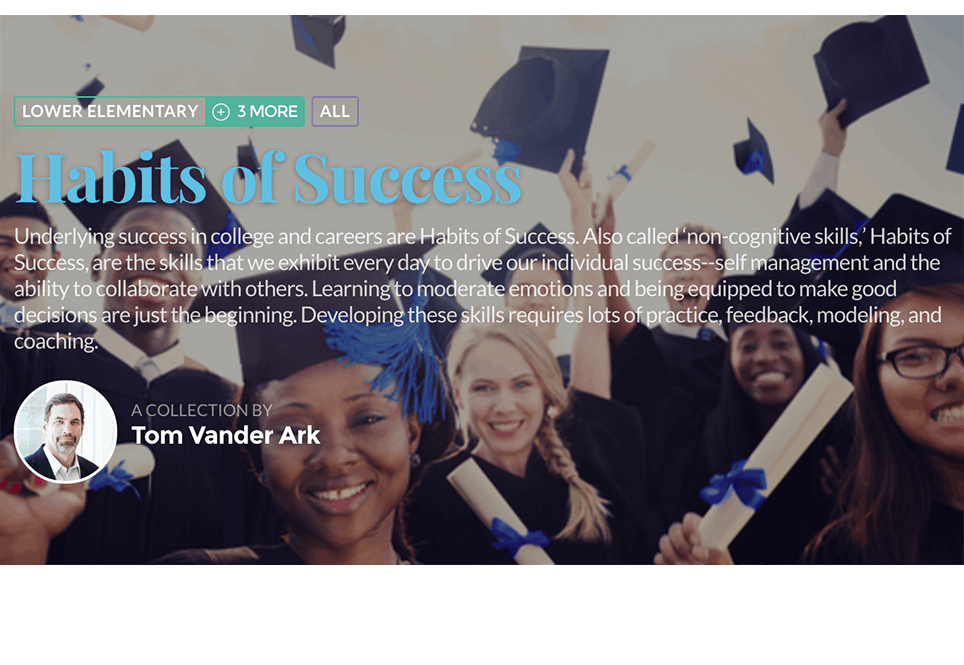
Summit Public Schools, a Bay Area network of secondary schools, uses a mixture of digital playlists and engaging projects to help young people. It all starts with a sophisticated view of student outcomes in four areas: content knowledge, cognitive skills, habits of success, and real-life experiences.
Underlying students’ success on both cognitive skill development and content knowledge acquisition are students habits of success. Also called ‘non-cognitive skills,’ habits of success, are the skills that we exhibit every day to drive our individual success–self management and the ability to collaborate with others. Learning to moderate emotions and being equipped to make good decisions are just the beginning. Developing these skills requires lots of practice, feedback, modeling, and coaching. Summit teachers dedicate at least 200 hours during the school year to mentoring & coaching students in their Habits of Success, specifically through 1:1 Mentor Check-ins.

Leading teacher development platform Bloomboard recently launched Collections of teacher resources. Collections are bite-sized resources that help educators learn how to put theory into practice. These new resources makes it easy for educators to learn, share and discuss solutions to classroom challenges. Collections extend the ability of educators to share useful resources and signals an important shift in professional learning. Our most recent collection expands on this new vision of personalized and competency-based professional development.
Following is a collection of resources for promoting Habits of Success.
Habits of Success
1. Personalized Learning at Summit. This PowerPoint presentation was presented at the iNACOL Symposium in November. It provides helpful definitions and tips for emotional intelligence, self-directed learning, academic mindsets, and school culture. The deck includes informative charts like the Summit schedule.
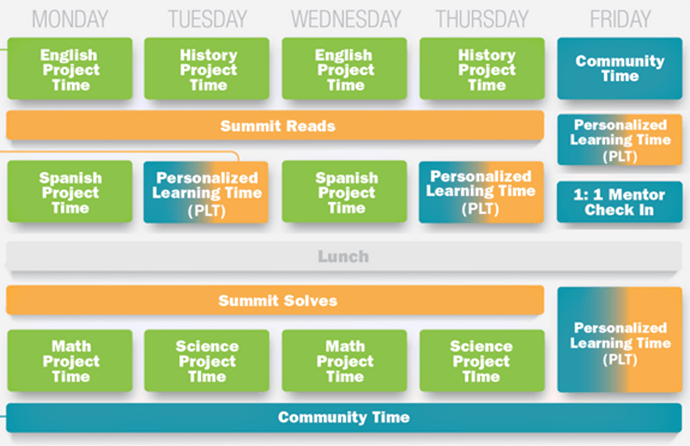
2. Habits of Success: Seeking the Invisible Thread. In this Education Week blog, Adam Carter, Summit’s chief academic officer, adds details to their approach to measuring what matters. He notes the paradox of two adages: assess what you value; value what you assess; and not everything that can be counted counts, and not everything that counts can be counted. This blog is packed full of details on the Summit model and resources for promoting Habits of Success.
3. Habits of Success video. In addition to creating experiences that build Habits of Success, Summit teacher Katie Goddard said, “We help students see the purpose in what we’re doing.” In this three minute video Katie describes how Summit Teachers use Mentor time each day to reinforce. positive behaviors.
4. Teaching Adolescents To Become Learners: The Role of Noncognitive Factors in Shaping School Performance: A Critical Literature Review. Adam Carter says this University of Chicago Consortium on School Research report is still the best framework for considering how educational institutions can put together a portfolio of curricula to teach Habits of Success.
5. GreatKids Emotional Smarts videos. The widely used parent resource GreatSchools launched a series of helpful videos on parenting and promoting learning. The videos on emotional smarts offer helpful tips on building independence, resilience, confidence and gratitude.
6. Self-Directed Learning at Summit Public Schools. This FSG report outlines roles for students, teachers, and administrators to promote self-directed learning. It concludes with five important lessons learned.
7. Student Agency Improvement Community. Adam said, “The Carnegie Center for the Advancement of Teaching has done some great work with productive persistence.” They have brought together researchers and practitioners in networked improvement communities to build the interventions, tools, measures, and practices necessary to reliably develop students’ academic mindsets and learning strategies in classrooms at scale. Check out the blogs, videos, and reports.
For more check out:
Stay in-the-know with all things EdTech and innovations in learning by signing up to receive the weekly Smart Update. This post includes mentions of a Getting Smart partner. For a full list of partners, affiliate organizations and all other disclosures please see our Partner page.




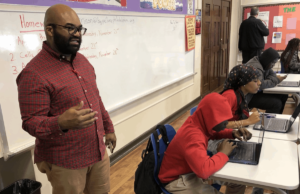
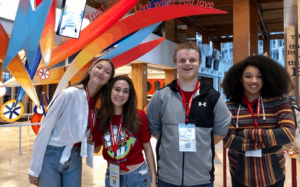

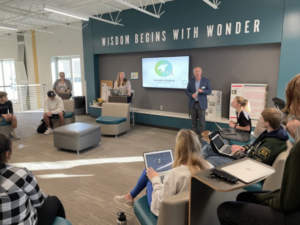
0 Comments
Leave a Comment
Your email address will not be published. All fields are required.